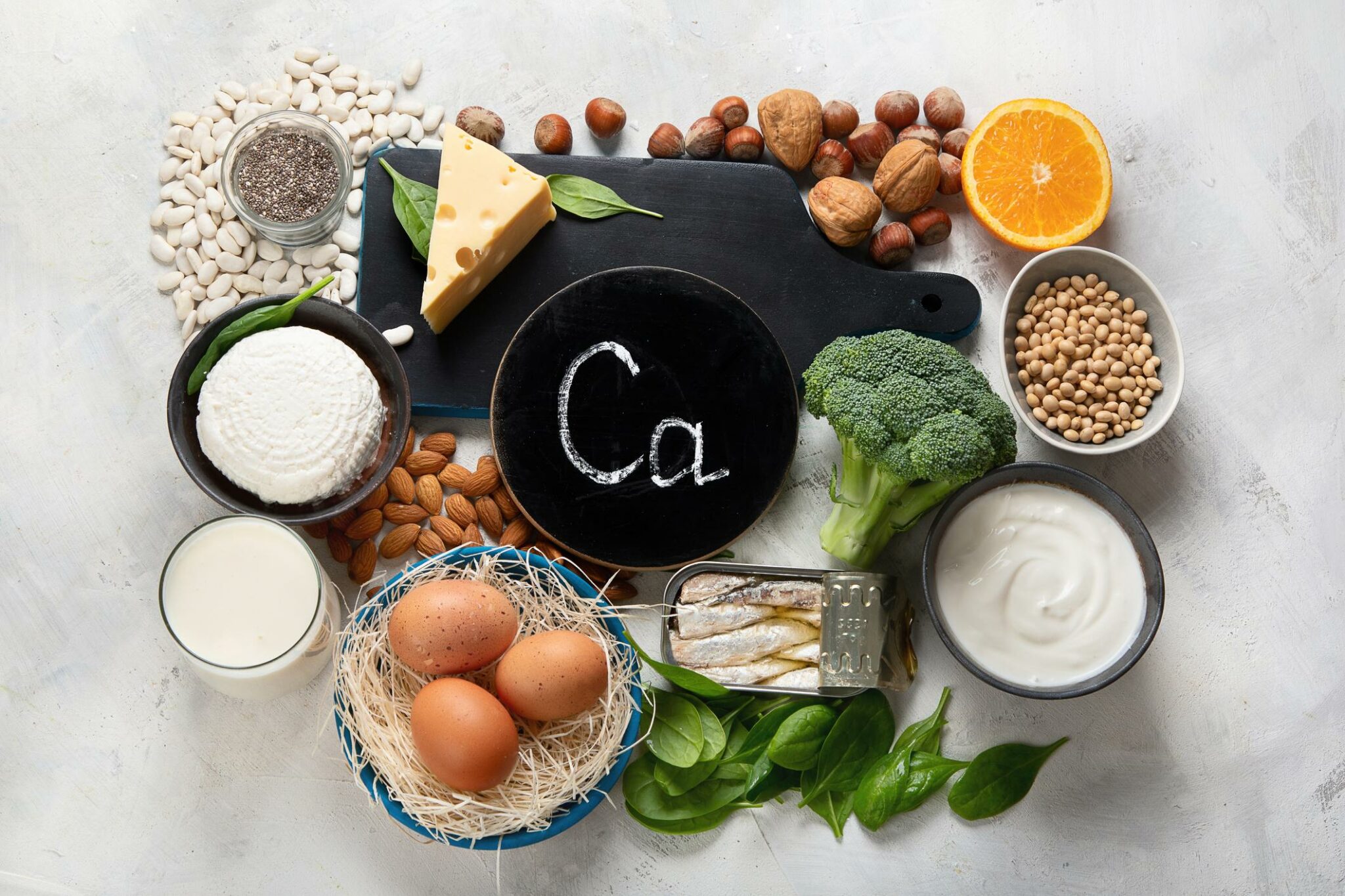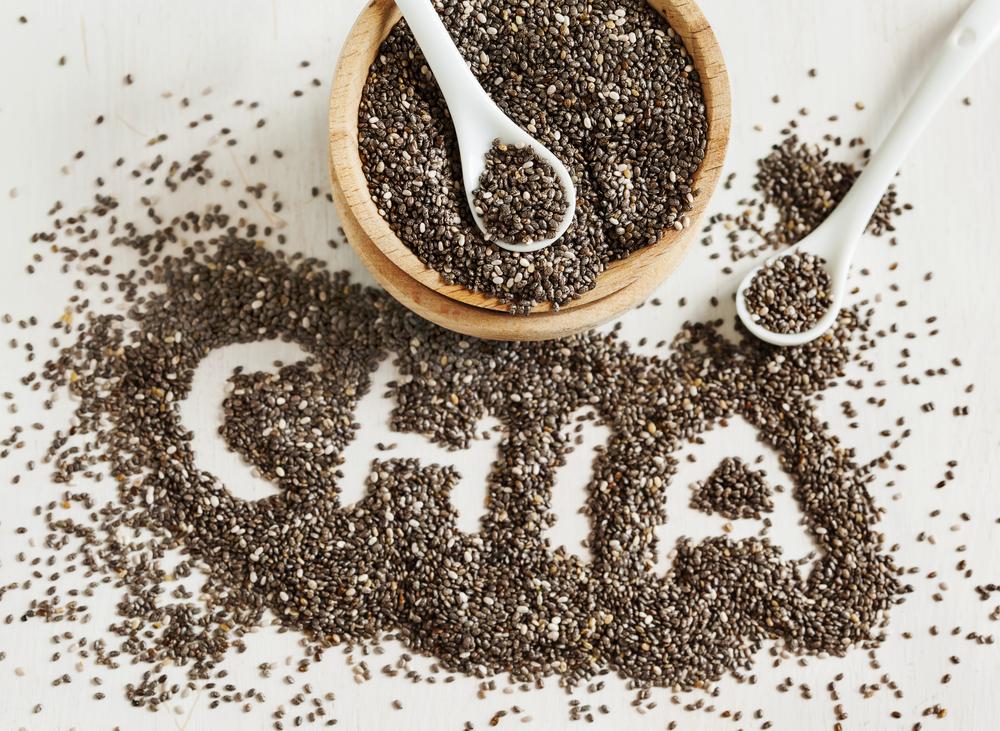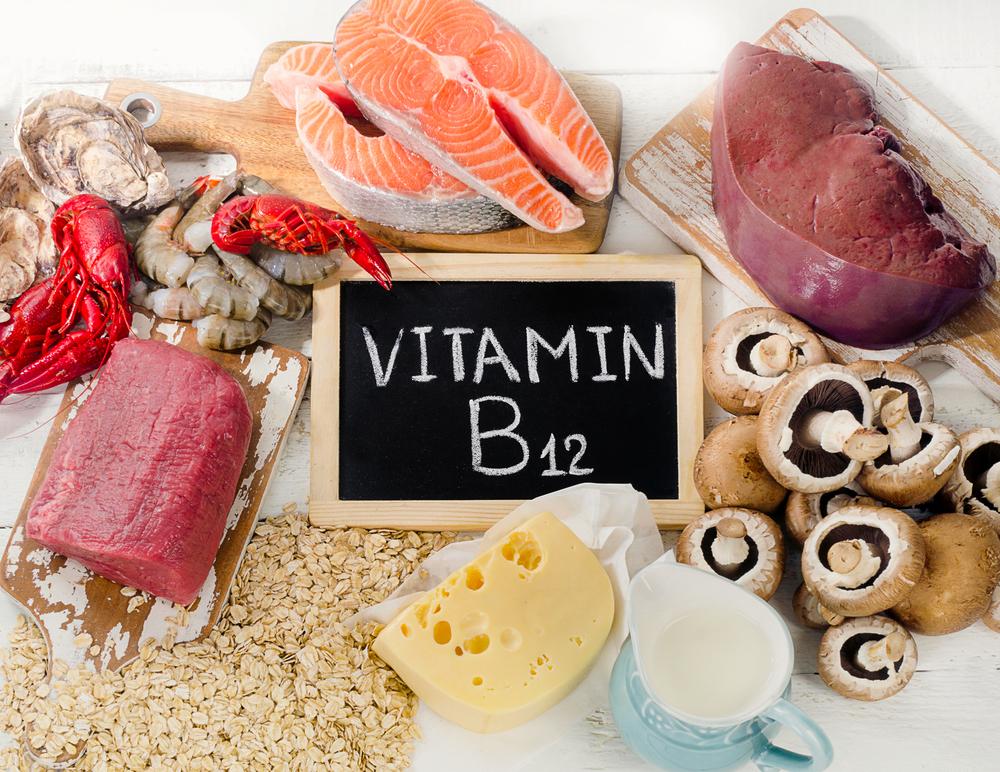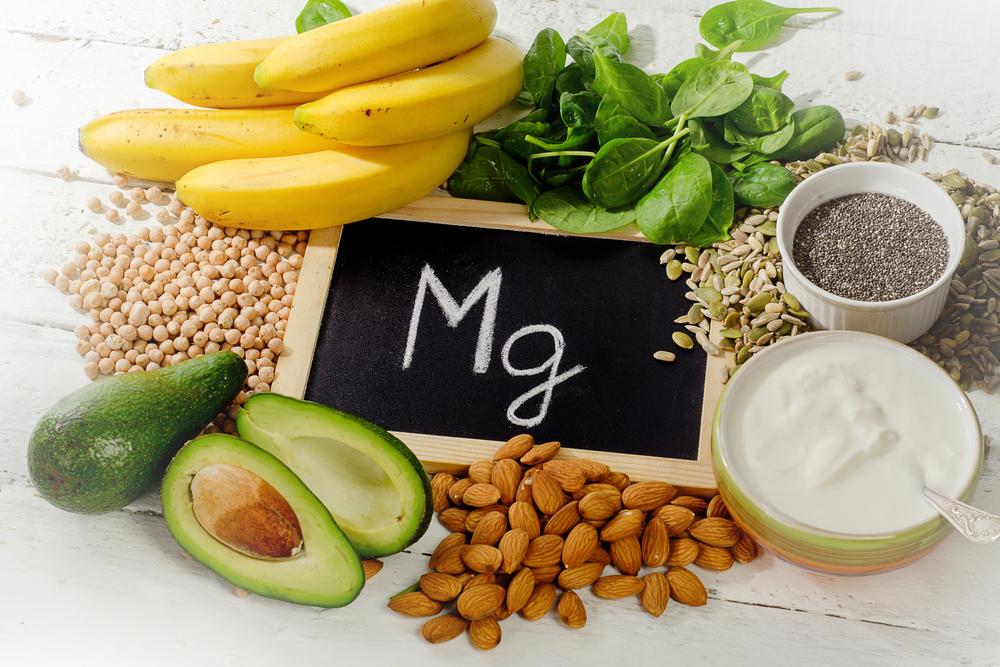If you read our latest blog then you will understand the important role the cardiovascular system has on maintaining homeostasis, and more. With many breeds predisposed to health issues, it pays to consider if there are dietary compounds which can support heart health. Here at My Pet Nutritionist, it’s something we deal with regularly, so we thought we’d put together our top nutrients for heart and cardiovascular health.
Magnesium Taurate
One of the most abundant minerals in the body, along with calcium and phosphorus, magnesium is essential to bodily function. Whilst there is some disagreement on the numbers, anywhere from 60-70% of the body’s magnesium is found in bone; the rest is in cellular fluid and soft tissue.
Magnesium deficiencies have been linked with cardiovascular disorders, including high blood pressure and abnormal rhythms and there are a number of mechanisms in which magnesium supports heart health and function.
Magnesium naturally competes with calcium which is essential in generating heart muscle contractions. Calcium stimulates the muscle and magnesium counters it which helps them to relax (this is also why magnesium is used in cases of spasms).
When magnesium levels are low, calcium can overstimulate heart muscles causing a rapid or irregular heartbeat. Magnesium is thereforekey to maintaining balance.
Magnesium taurate contains the amino acid taurine and it’s this combination that supports healthy blood pressure; to this end it is suggested that this form bolsters heart health.
Methylated B Vitamins
There are eight B vitamins:
B1 Thiamin
B2 Riboflavin
B3 Niacin
B5 Pantothenic Acid
B6 Pyridoxine
B7 Biotin
B9 Folate
B12 Cobalamin
These vitamins are involved in many functions as they help a variety of enzymes do their jobs – they help release energy from macronutrients and transport oxygen and energy containing nutrients around the body.
Studies have noted that suboptimal serum levels of folic acid, vitamin B12 and vitamin B6 may underlie the development of heart disease. It is suggested that such deficiencies lead to inadequate production of S-adenosyl-methionine, creating a state of hypomethylation. This, in turn, may damage the DNA in arterial cells.
Methylation is a biochemical process which involves the addition of a ‘methyl group’ to other molecules and is dependent on the availability of a number of key nutrients.
When these B vitamins are supplemented in their methylated form, it’s almost like it’s one less job for the body to do.
Omega 3’s
How Omega-3 Fatty Acids May Affect the Heart:
- Lower triglyceride levels, increase HDL (ie, good cholesterol)
- Lower resting blood pressure
- Decrease platelet aggregation and prevent blockage of coronary artery
- Decrease risk of arrhythmias (abnormal heart rhythm)
- Increase compliance of arteries
- Decrease atherosclerosis
- Reduce inflammatory markers
There is evidence of rapid declines in coronary heart disease mortality with the consumption of oils rich in alpha-linolenic acid.
Findings Here
Studies have demonstrated a significant reduction in risk of sudden cardiac death in humans consuming the most linolenic acid. A diet rich in linolenic acid has been associated with a lower incidence of calcified coronary plaques along with a reduced risk of cardiovascular mortality, which subsequently lowers the all-cause mortality levels in humans.
Findings Here
In Humans, the Lyon Diet Heart Study is perhaps the most well-known, and it separated 605 myocardial infarction survivors into two groups, one group was placed on a low-fat diet, and the other on a Mediterranean diet including margarine enriched in linolenic acid (1.1 g/day). After a two-year follow-up, the incidence of cardiovascular disease, including cardiac mortality, decreased dramatically (73%) in the intervention group. This raised the possibility that the inclusion of linolenic acid in the diet can significantly improve cardiovascular health.
Evidence has suggested that omega-3 supplementation has reduced the incidence of atrial fibrillation in dogs and as we know, atrial fibrillation is a heart condition that causes an irregular and abnormally fast heart rate.
Findings Here
There is also data which suggests omega-3 supplementation significantly affects survival rates in those dogs suffering with heart failure secondary to DCM.
Findings Here
It is thought that the effect of omega-3 is multifactorial, but they include significant effects on sodium, potassium, and calcium channels. It is also considered that omega-3’s reduces platelet aggregation, which mitigates risks of clots and therefore won’t impede blood flow to the heart.
Findings Here
COQ10
Coenzyme Q10 (CoQ10) is an essential compound of the body which is synthesized in the mitochondrial inner membrane. It has many important functions in human body. Firstly, it can be named the key-component of electron transport chain in mitochondria necessary for ATP production and secondly, in addition to its important role in electrons’ transport, COQ10 can act as an intercellular antioxidant, protecting the plasmatic membrane against peroxidation. Oxidative stress is considered to be an essential player in the development of cardiovascular disease, and it is this theory that suggests antioxidants’ like COQ10 can subsequently lower the risk.
In the body, COQ10 is found in all systems of organs. The highest concentration of ubiquinone is noted in the tissues of the heart, kidneys, liver and muscles. In humans, three out of four patients with heart diseases have low levels of CoQ10. It was noticed that CoQ10’s plasma levels in patients with ischemic heart disease and dilated cardiomyopathy are much lower than in healthy ones. Depending on the severity of heart injury, circulating level of COQ10 decreases in direct proportion to disease progression.
Furthermore, heart failure is related to a chronic pro-inflammatory state and there are increasing studies that establish anti-inflammatory properties of COQ10.
CoQ10 deficiency is frequently encountered in dilated cardiomyopathy, and this may be reversible by the COQ10 administration. In a prospective, randomized, double-blinded, placebo-controlled trial in children with dilated cardiomyopathy, COQ10 administration for 6 months resulted in improvement of diastolic function and a lower mean score for the index of cardiac failure.
Findings Here
Hawthorn
Hawthorne is widely used in Europe as a cardiotinic and for congestive heart failure. The principle active components in hawthorn leaves, berries, and blossoms are flavonoids. One of these flavonoids, proanthocyanidin, has especially important cardiovascular effects.
Mechanisms of Action of Hawthorn:
- Direct scavenging of reactive oxygen species
- Vasorelaxant effects on smooth muscle
- Increased coronary flow
- Increased relaxation velocity
- Antiarrhythmic actions
- Slight raise in heart rate
Epidemiological evidence indicates significant links between increased dietary flavonoid intake and reduction in coronary-related mortality.
Findings Here
Grape Seed Extract
Animal studies have suggested that grape seed extract has beneficial effects on the cardiovascular system.
Grape seed extract (GSE) is commercially available and is prepared from the seed of grapes. Grape seed extract contains a high concentration of proanthocyanidins, a class of polyphenol flavonoid complexes, and are known to possess the strongest antioxidant effect amongst polyphenols.
GSE has been found to lower blood pressure and improve blood flow.
Findings Here
Here
GSE is also thought to reduce C-reactive protein (CRP) levels in the body.
CRP is an acute phase reactant, a protein made by the liver that is released into the blood within a few hours after tissue injury, the start of an infection or other inflammation.
C-reactive protein (CRP) is one possible marker of vascular inflammation and plays a direct role in promoting vascular inflammation, vessel damage and clinical CVD events. To this end, in human realms, cardiovascular risk is categorized depending on the level of CRP.
Findings Here
Pycnogenol
Extracts from pine tree bark containing a variety of flavonoids have been used in traditional medicine. Pycnogenol is a proprietary bark extract of the French maritime pine tree (Pinus pinaster ssp. atlantica) that exerts antioxidative, anti-inflammatory, and anti-platelet effects. Pycnogenol is primarily composed of phenolic acids, derivatives of benzoic and cinnamic acid, and procyanidins.
The antioxidant Pycnogenol has been seen to improve endothelial (cells lining blood vessels) function in patients with coronary artery disease by reducing oxidative stress.
Findings Here
In addition to the antioxidant activity, Pycnogenol enhances production of vasodilatory endothelial nitric oxide and prostacyclin. Prostacyclin is a member of the prostaglandin family of bioactive lipids. One of its roles is in the cardiovascular system, where it is released by vascular endothelial cells, serving as a potent vasodilator and inhibitor of platelet aggregation.
In bold statements, some researchers state that Pycnogenol has the potential to counteract all important cardiovascular risk factors.
Findings Here
Gingko Biloba
Several studies have suggested antioxidant and free-radical scavenger effects from G
biloba in the cardiovascular system. There is also suggestion of inhibition of platelet aggregation. In addition, it has been suggested that
G. biloba improves blood flow by increased release of nitric oxide and the inhibition of nitric oxide degradation in the endothelium.
Flavonoids are a component of
G. biloba. There is considerable interest in the potential antioxidant, anti-inflammatory, vasodilation, and platelet inhibition activity by various flavonoids and there is increasing data suggesting flavonoid consumption mitigates cardiovascular disease risk.
Findings Here
So there we have it, some of our favourite compounds and nutrients for heart and cardiovascular health. If you would like any support with your dog’s health and are considering if any of these compounds may be of help, then check out our services.
Thanks for reading,
Team MPN x















